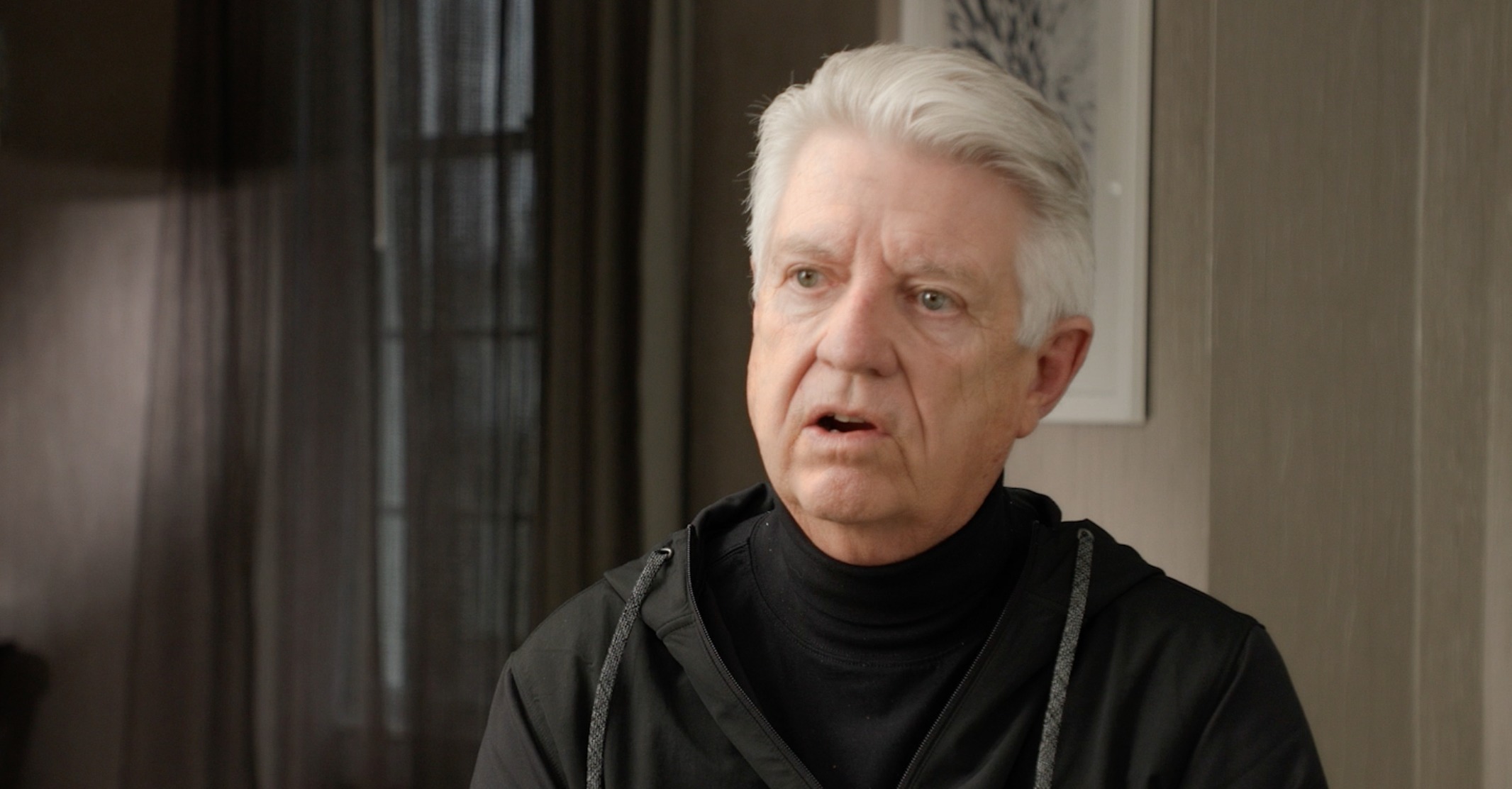Search Results for What
Links
Seville Florida (FL)
|
Answers in Genesis
|
Whether you're already familiar with God's Word, or just exploring what Christianity is all about we hope you'll visit the rest of our Web Ministry and that you will find yourself drawn deeper into a dynamic relationship with God through yo
|
Blogs
Back end maintenance is not working.
|
The server did go down for several hours last night.
|
Articles
Videos
News
 Society is seeing an attack on the family and biblical worldview, as demonstrated by the rise in deconstruction and biblical illiteracy — but there is a solution, according to Jack Graham. Society is seeing an attack on the family and biblical worldview, as demonstrated by the rise in deconstruction and biblical illiteracy — but there is a solution, according to Jack Graham. |
 Jack Graham, the pastor of Prestonwood Baptist Church in Plano, Texas, has warned that the hatred of Israel seen across the United States is evidence of “spiritual warfare,” as "God loves the Jewish people." Jack Graham, the pastor of Prestonwood Baptist Church in Plano, Texas, has warned that the hatred of Israel seen across the United States is evidence of “spiritual warfare,” as "God loves the Jewish people." |
By TheFreedomArticles The 7 requirements of technocracy are being played out. Learn what they are and how they will affect you. Find out how the...Beware the 7 Requirements of Technocracy – Video #105
|
By Tyler Durden “I saw a UFO? coming home yesterday! Can anyone help me identify what this is?! Posting the video and a still shot of...DARPA Drone? UFO? Or Deep Fake?
|
This article was originally published by Michael Snyder at The End of the American Dream.? What would you do if the power grid where you...Why Everyone Needs To Prepare For The Day When Devastating Cyberattacks Take U.S. Power Grids Down
|



 Links
Links  Articles
Articles  Blogs
Blogs  Videos
Videos  News
News  Colors
Colors 

 New links
New links













